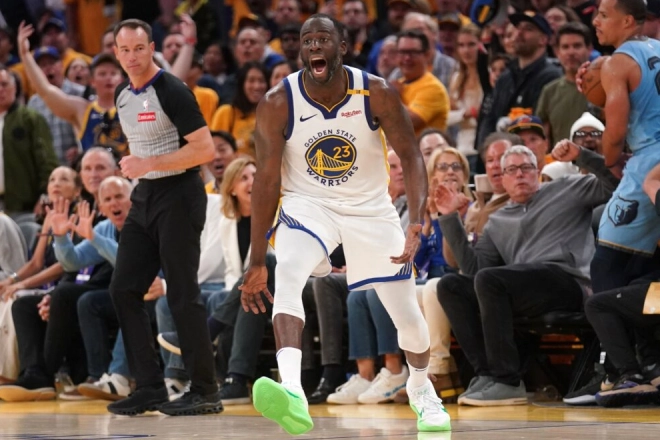If you're a diehard fantasy basketball fan, you're likely aware of the importance of player performance on your team's success. But have you considered the NBA schedule's impact on fantasy basketball? Game schedules, back-to-back games, and travel can all have a large effect on a player's performance and value in fantasy basketball.
In this blog, we’ll explore the ways in which the NBA schedule impacts fantasy basketball and how savvy managers can use this knowledge to gain an edge over their competition.
Schedule congestion affects NBA team performance
Research studies have shown that schedule congestion can have a significant impact on the performance of NBA basketball teams. Teams playing back-to-back games have a lower likelihood of winning, whereas those with one day of rest in between games have a higher chance of performing well. The study also revealed that shooting efficacy-related statistics have a discriminating power on fixture congestion cycles.1
This information can be used to re-design game schedules in the NBA and guide coaches in managing training loads to reduce the risk of injury and enhance player performance.
Fixture congestion cycles impact game outcomes and team performance
The NBA schedule can have a significant impact on game outcomes and team performance due to fixture congestion cycles. Teams that have a high number of back-to-back games or long road trips can experience fatigue and mental strain, which can result in lower energy levels and weaker performances.
Studies have shown that teams with more rest days have a higher winning percentage than those with fewer rest days. Additionally, teams with a busy schedule may prioritize rest and recovery over practice and strategy development, negatively affecting team chemistry and performance.
Game injuries related to game schedules in the NBA
A study analyzed game injuries and game schedules in the 2012-13 through 2014-15 regular seasons of the NBA. During the three-year period, there were a total of 681 injury occurrences among 280 players. No correlation was found between the number of games played in a week and the rate of game injuries, but a positive correlation was found between game injuries and playing away from home.
Fantasy basketball players can benefit from this knowledge when deciding how to best lineup their team for upcoming games.
Optimizing fantasy basketball teams based on remaining schedules
When it comes to fantasy basketball, analyzing the remaining schedules of players and teams is crucial for success. Fantasy managers need to look at the frequency of games and the potential for back-to-backs, as they can greatly impact player performance and availability.
It's also important to take note of matchups against weaker defenses or teams with poor records, as these can be prime opportunities for players to rack up points and stats. By optimizing lineups based on remaining schedules, fantasy managers can gain a competitive advantage and improve their chances of winning.
Why Zach LaVine is a top fantasy player despite the Bulls’ struggles
Despite the Chicago Bulls' struggles, Zach LaVine proves to be one of the top fantasy basketball players. He boasts an impressive scoring average of 27.4 points per game, making him one of the league's top players. LaVine's ability to score consistently is bolstered by his consistent playing time, as he averages over 35 minutes per game.
Additionally, he has been performing well in back-to-back games, which is crucial for fantasy basketball players who are mindful of the NBA schedule. Overall, LaVine's scoring consistency and durability make him a valuable fantasy asset despite the Bulls' underperformance.
Conclusion
The NBA schedule has a significant impact on both the game outcome and team performance, including aspects like NBA finalist betting. Studies have shown that playing back-to-back games and having highly competitive densities can lead to performance breakdown and injury risk.
However, there are only limited impactful top-150 player fantasy valuation shifts when players switch jerseys. Instead, attention should be given to individual players who did not get traded but may undergo a shift in rest-of-season fantasy value. For instance, once ambulatory, Kevin Durant's total rest-of-season value may get a slight bump due to having more incentive to play for.
Photo Credit: https://unsplash.com/photos/BfphcCvhl6E





